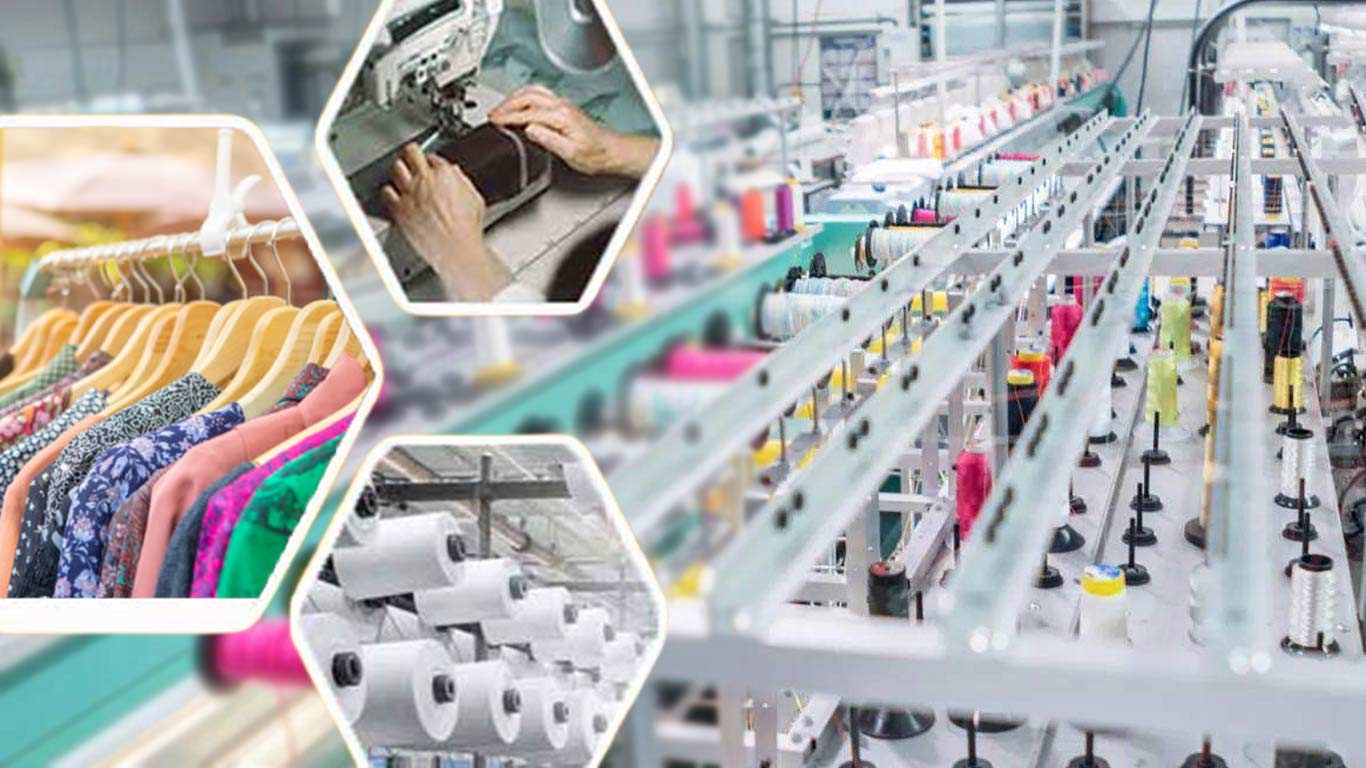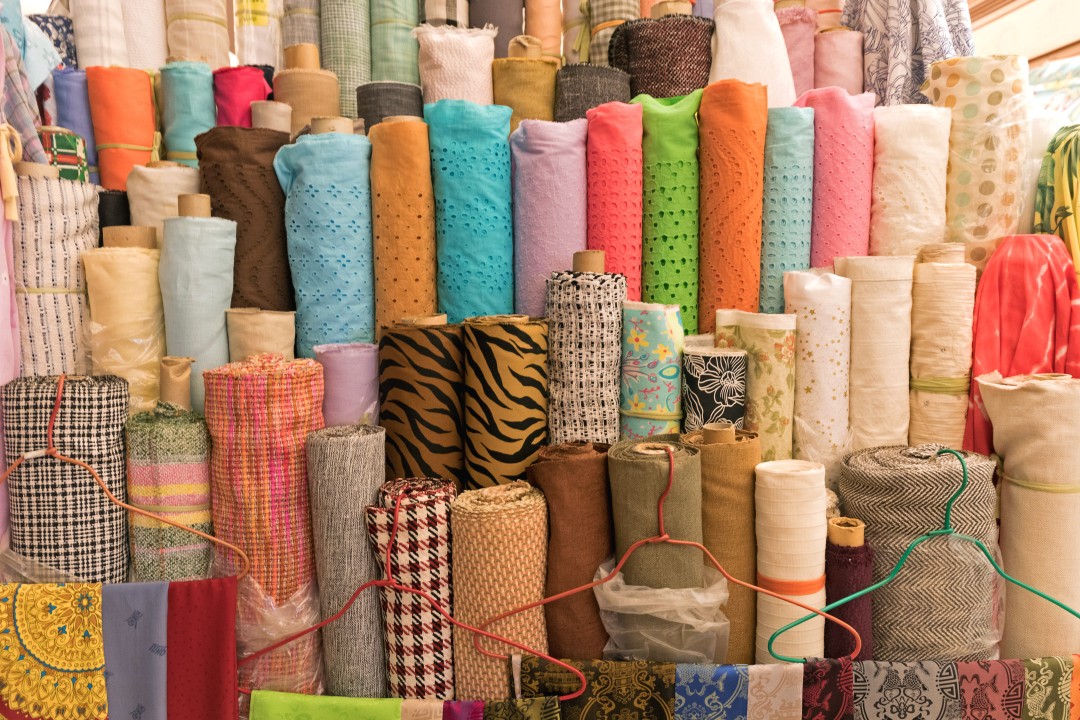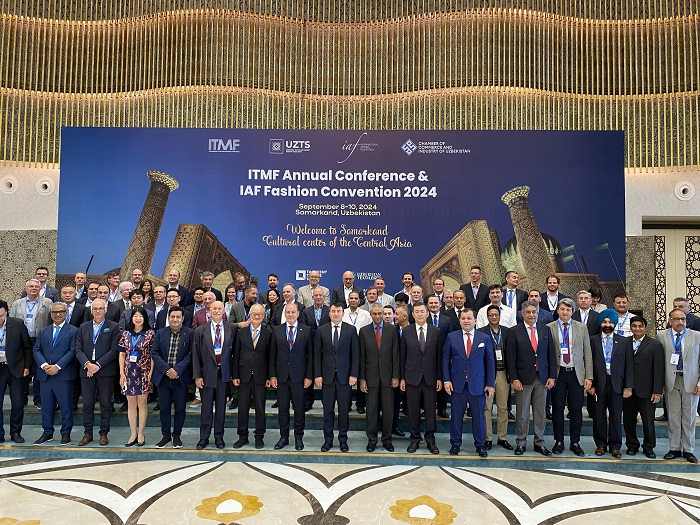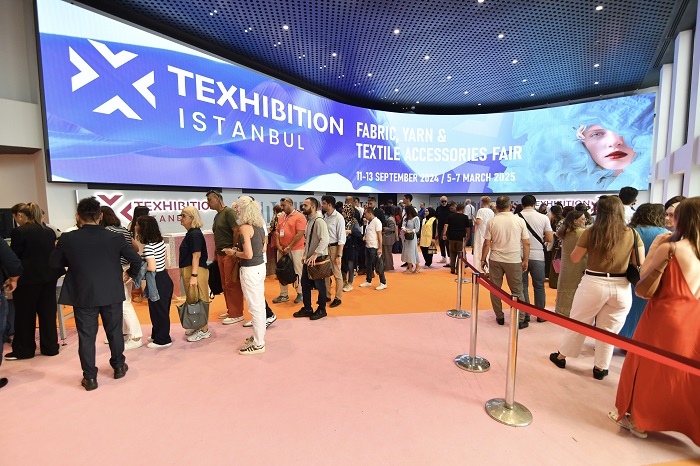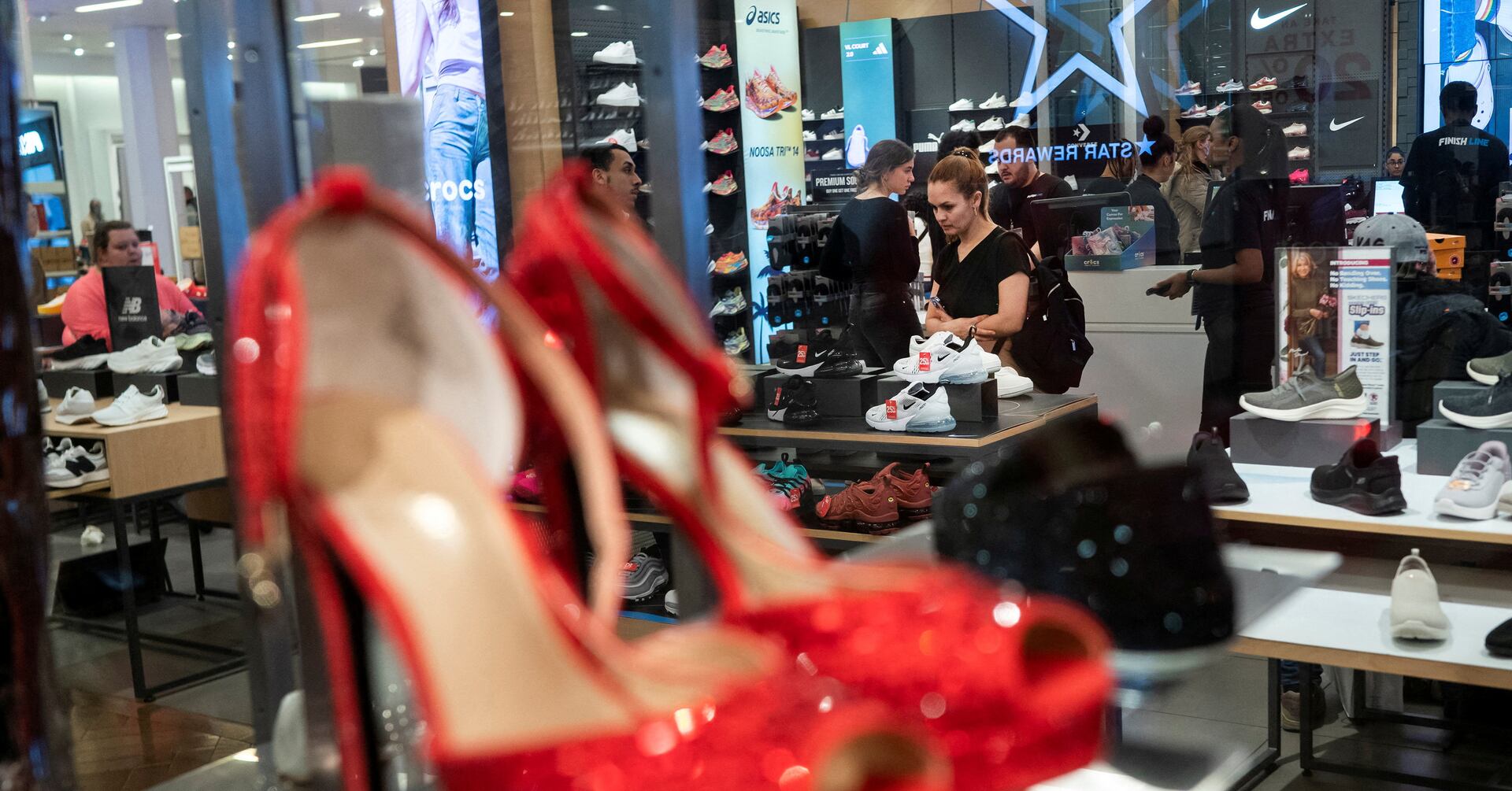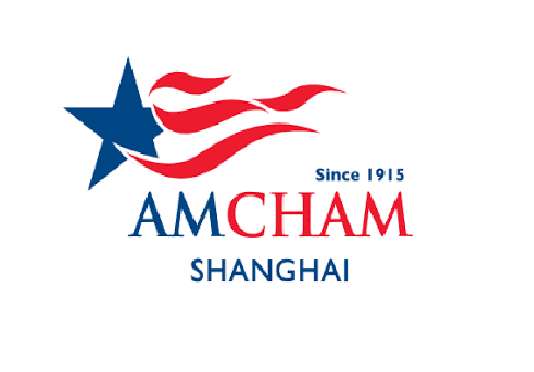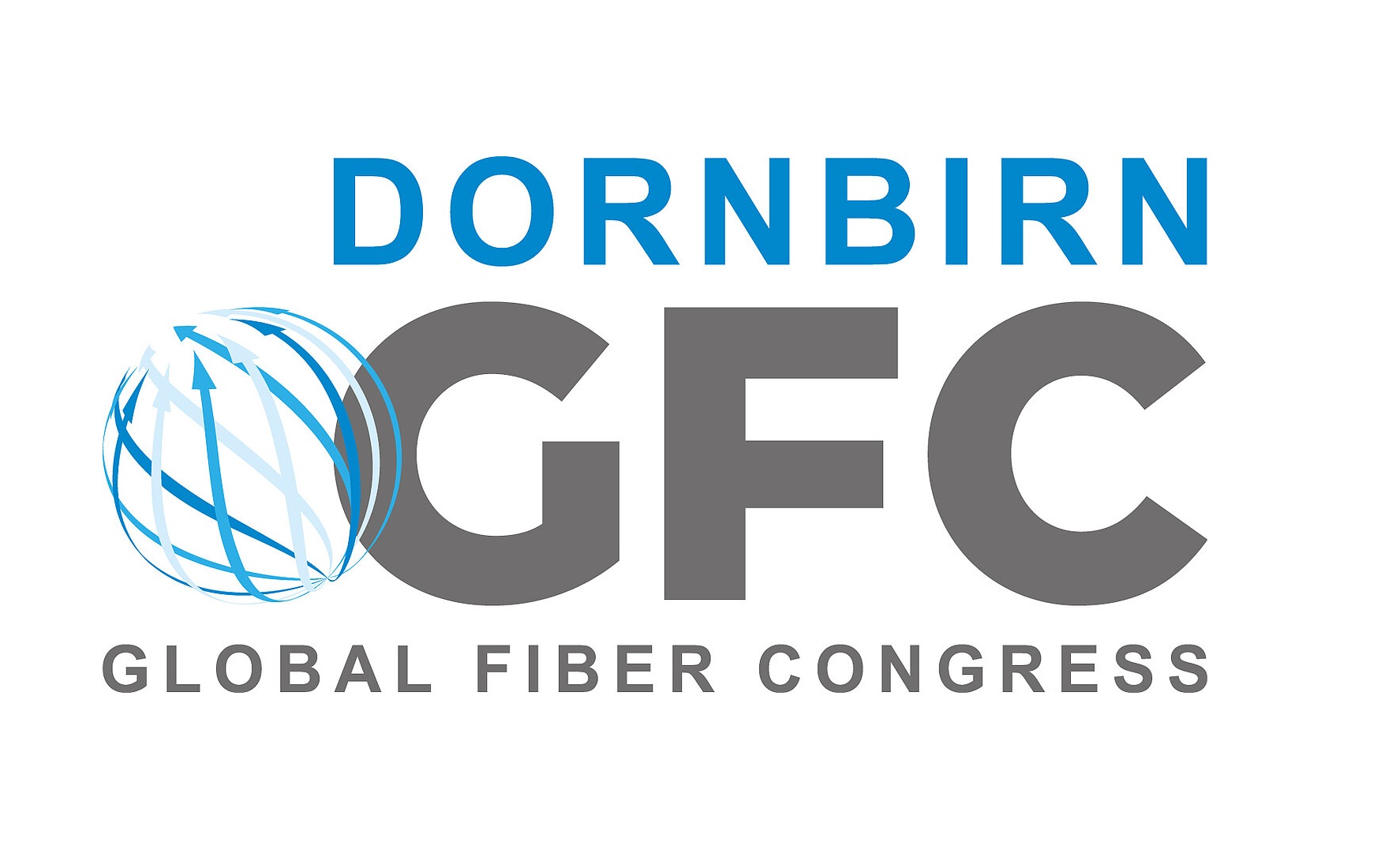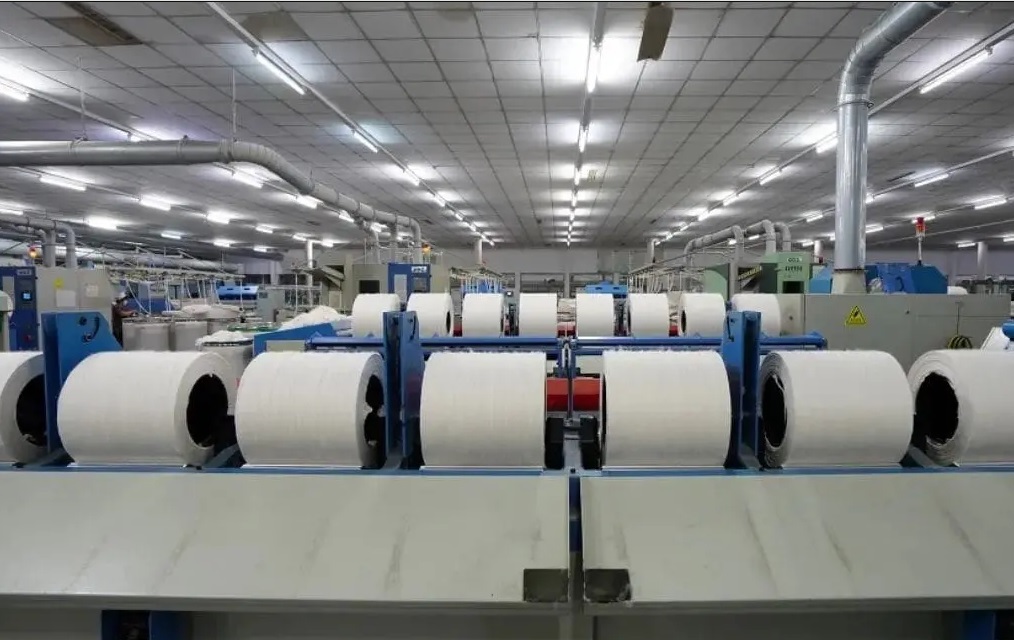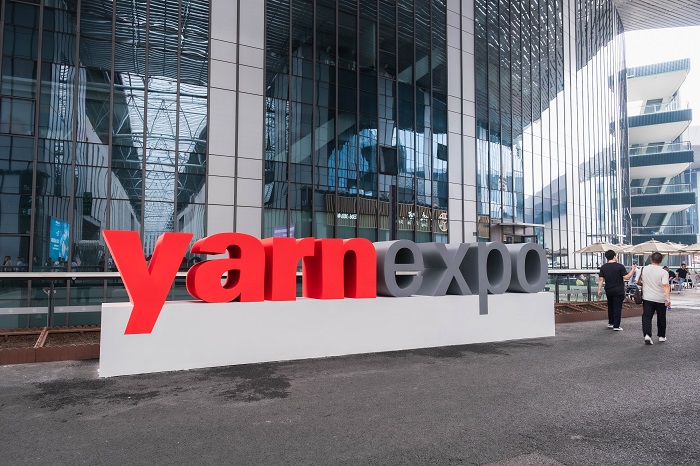FW
Chinese textile giant, Shandong Ruyi Technology Group has made a prudent move by acquiring 52 per cent share of Masood Textile Mills Limited (MTM), the most technologically advance enterprise in Pakistan. Chinese have been actively seeking Pakistani partners during the last six months. Textile entrepreneurs in China are losing their competitive edge in home country because of very high wages. Per capita income in China has now exceeded $6,500, which is almost five times higher than the per capita income in Pakistan.
“They tried other low cost destinations like Vietnam and Bangladesh but the low textile base in these countries did not provide them with the desired results,” he said, adding that Pakistan has one of the best basic textile industries in the world and abundant workforce well versed with textile production.
Chinese have been trying to acquire full ownership of local textile units. The textiles mills in Pakistan are now much better off and do not want to sell their mills. Textile experts point out that the said mill is perhaps the only Pakistani enterprise that remains in direct contact with the stores of its foreign buyers. It monitors online the sales pattern in these stores, including the colours that are preferred by the buyers. It, thus, could plan the replenishment of the depleted stocks quick. The direct shipment to the stores reduces the inventory cost of the buyers, besides increasing their sales, they said.
Chairman Punjab Industrial Estates Development and Management Company (PIEDMC) S M Tanveer said this is just the beginning. “We are expecting huge Chinese investment in textiles as soon as the special industrial zones are developed,” he said, adding that PIEDMC is working fast to complete its zones. He said in the meanwhile the Chinese would be accommodated in the textile city being developed at the Sundar Industrial Estate.
The International Apparel Federation has welcomed the new WTO multilateral trade agreement that has been reached in Bali. The ‘trade facilitation’ package, the prime component of the agreement, is certainly beneficial to the global apparel industry. This industry has probably the most internationalized supply and demand structure in the world, and with a growing market share of large retail chains and brands with a global presence, internationalization is increasing still. The OECD trade facilitation indicators estimate that comprehensive implementation of all trade facilitation measures agreed to in Bali would reduce total trade costs by 10 per cent in advanced economies and by 13-15.5 per cent in developing countries. Currently, complicated border processes and excess red tape raise costs, which ultimately fall on businesses and on consumers. Reducing these costs is a large benefit to the apparel industry.
The IAF also welcomes the fact that this WTO agreement shows that the agricultural sector does not always block advances in multilateral trade agreements, as has happened too often in this Doha Round. It also serves as a wakeup call to the apparel industry that despite the real progress that is being made in multi- and plurilateral trade agreements, the multilateral trade agenda deserves more attention. The IAF, representing the apparel industry in all continents, will boost the discussion among its members about the desired direction for the apparel industry of further multilateral trade negotiations.
With a retail value of over $1.3 trillion much of which crosses borders, the apparel industry is well placed to reap a large benefit from the Bali agreement and could potentially benefit from the revival of multilateral trade talks that seems to be emerging from the Indonesian island of Bali.
www.iafnet.eu
Pakistan's garment manufacturers are anticipating significant trading benefits from an expected accession to the European Union's (EU) new Generalized Scheme of Preferences Plus (GSP+) trading scheme from January 2014.
Some are asking the Pakistan government to relax import duties blocking access to raw materials, especially artificial fibre, needed to diversify product lines so that they can take full advantage of the facility. These can be as high as 6.5 per cent and they also want Pakistan utilities to improve unreliable water and energy supplies so an increase in demand through GSP+ can be met.
Adil Butt, former chairman of the Pakistan Hosiery Manufacturers Association (PHMA), said the GSP+ status could reopen garment manufacturing units that currently were idle for lack of export orders. SM Tanveer, Chairman of the Punjab zone of the All Pakistan Textile Mills Association (APTMA), also wants the government to relax import policies blocking access to raw materials, such as artificial fibre that is in short supply within Pakistan, and needed for diversifying product lines.
Another former PHMA chairman and a leading knitwear exporter, M I Khurram, now head of an APTMA committee tasked with making recommendations on improving value-added textile exports, told media that GSP+ should make a difference. In 2012, Pakistan exported $654 million in knitted or crocheted apparel and accessories to the EU. Pakistan also exported $949 million in clothing that was not knitted or crocheted the same year. Meanwhile, Europe exported $2.5 million in apparel and clothing accessories that was not knitted or crocheted to Pakistan, and $2.8 million worth of apparel and clothing accessories that were not knitted or crocheted the same year, according to world trade data.
Invista, owner of Lycra fibre and Lenzing, producer of man-made cellulose like rayon, modal etc, are working in tandem to deliver a unique solution to the industry which is cellulosic denim fabrics with significantly improved shape retention. “Given the growing popularity of both Lycra and Tencel fibre in the denim market, it was only natural that people wanted to combine them to come up with really amazing fabrics”, said Federica Albiero, Invista’s Denim Account Manager.
To address these issues Invista looked to its Lycra dualFX fabric technology, which combines two stretch fibres; Lycra fibre and Lycra T400 fibre into a single yarn. Invista ran trials pairing this technology with blends of cotton and Tencel fibre. The trials showed significant improvement in fabric recovery and slippage to the point where the fabric performance met or exceeded Invista’s and the industry’s standards.
“This initiative represents two globally innovative fibre companies working together to provide the denim market with fabrics that meet the performance needs of modern consumers”, says Michael Kininmonth, Senior Project Manager of Denim at Lenzing Fibres Inc. “Superior comfort with stretch and long-lasting recovery are set to become the next core product in women’s wear.” Jeans with Tencel fibre are attractive, durable, and become immediate favourites thanks to their enhanced comfort. The fibre’s smooth surface and optimal moisture transfer benefits turn jeans into articles of clothing that enhance physical well-being while still being on-trend. The revival of Tencel fibre in denim is also due in part to the environmental factor. Blending Tencel into denim fabric results in a significant improvement for the environment because it is made from wood grown in sustainably managed forests.
Olah Inc, denim-focused fabric and apparel company has named Michael Morrell as the new head of its textile division, replacing Andrew Olah who will focus on other parts of the business. Morrell is currently President of Olah, and is an expert textiles, denim and garment dyer who has worked at Jones Apparel Group, Swift Denim, and Roxboro Dye Co. "We've been planning this shift for some time and I am happy for the opportunity to evolve our textile sales division and continue to help our mill partners develop the best textiles possible," Morrell said.
Andrew Olah, meanwhile, will continue to act as CEO. However, he will devote his attention on the Kingpins Show, which he founded in 2004, and Olah Inc's consulting division, which is working with Bayer CropScience on several cottonseed brands and its e3 sustainable cotton programme. The company supplies US firms with denim, corduroy and piece-dyed fabrics.
Novozymes and China Knitting Industry Association (CKIA) signed a strategic partnership agreement in Beijing to jointly promote the sustainable development of biological solutions in the Chinese textile industry. In particular, the agreement addresses bio-innovative application and research in the knitting sector. The new cooperation between Novozymes and China’s knitting industry is set to include environmental improvements to sewage treatment at knitted fabric and knitwear enterprises at CKIA member companies, with specific goals set on energy conservation, carbon emissions and environmental protection for the industry, whilst testing, technical guidance and ‘microbial and biologically-efficient’ technology which aims to improve waste water management facilities will also be provided by Novozymes, according to a China Daily report.
In comparison to using certain chemicals during textile production, tests at companies such as Esquel have found that bio-enzyme technology in textile processing can contribute to lowering the dilution volume for toxicity and reduce water used in processing, thus lowering the expense of water and effluent treatment.
China’s textile production industry has been increasingly under media spotlight, with increased pressure for greater regulation and policy change evident from new chemical legislation, which will see the creation of toxic chemicals blacklist under China’s 12th Five-Year Plan for Environmental Risk Control on Chemicals. The policy requires factories to register with their local governments, open up for risk inspection and disclose information on the chemicals they discharge to the public.
FESPA Fabric returns for the fifth year, as part of FESPA Digital 2014 at Messe Munich, Germany, from May 20 to 23, 2014. The event will provide an inspirational environment for businesses looking to dive deeper into garment printing and decoration. This year, FESPA Fabric’s multi-channel campaign is inviting visitors to ‘Dive deeper into garment decoration and textile print’. It features a swimmer diving into an ocean, illustrating the ocean of opportunity for printing and embellishing, fabrics, fashion garments, sportswear and promotional wear using both analogue and digital processes.
FESPA Fabric acts as a platform for printers and garment decorators looking to move their businesses forward using the latest equipment, inks, textiles and techniques for garment decoration and textile print. The event attracts textile print professionals, designers, fashion retailers and brand owners, to come together, network and uncover new ways to advance their business and meet consumer demands.
Like every year, Charlie’s Corner will return to FESPA Fabric 2014 where garment guru Charlie Taublieb will provide hands-on workshops as well as live T-shirt printing demonstrations, giving visitors the chance to print their own T-shirts. Visitors will also benefit from the Textile Conference Theatre where leading industry professionals will come together to present seminars and case studies to help textile printers and garment decorators open up new revenue streams and learn about new industry trends and techniques.
Invista, one of the world's largest integrated polymers and fibers producers has announced the expansion of its XPURE portfolio of polyester products made with catalyst system. Recent additions to this portfolio include the XPURE 7001 and 701K polyester copolymers. While XPURE 7001 polyester is an amorphous resin, XPURE 701K is a pre-crystallized resin. Both products offer a melting point of about 224°C which is about 30°C lower than a standard polyethylenetere phthalate. Application examples include packaging films and bicomponent fibers.
“Initial customer testing of XPURE 7001 and 701K polyester polymers have been extremely well received,” said Achim Heyer, Business Director, Europe, polymers, adding, “Customers reported a wider processing window versus standard polyesters, allowing to manufacture non-standard products such as thick transparent films.”
www.invista.com
 The next edition of Texworld and Apparelsourcing Paris is scheduled from February 17-20, 2014 at Paris Le Bourget, France. Over 80 per cent of the stands at Texworld have already been booked. Several firms have rebooked and the pace has intensified since mid-October. The venue will soon be fully booked with last confirmations in progress and new firms being shortlisted for the show by the selection committee.
The next edition of Texworld and Apparelsourcing Paris is scheduled from February 17-20, 2014 at Paris Le Bourget, France. Over 80 per cent of the stands at Texworld have already been booked. Several firms have rebooked and the pace has intensified since mid-October. The venue will soon be fully booked with last confirmations in progress and new firms being shortlisted for the show by the selection committee.
Both shows have an exceptional rate of registration. Elaborating further, Michael 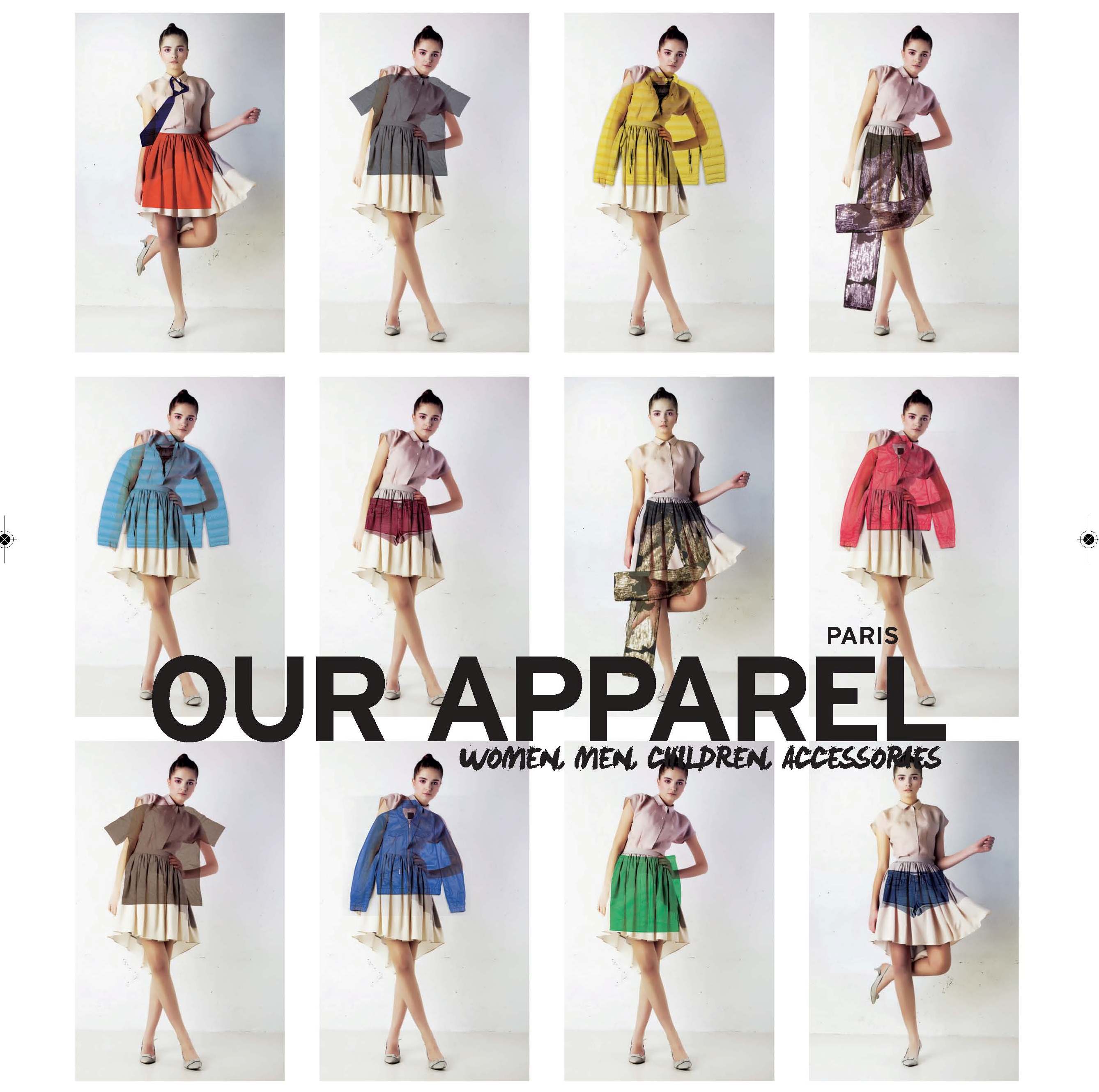
Scherpe, President, Messe Frankfurt France says, “Texworld is well booked and Apparelsourcing is doing well too. The former’s exhibitor numbers are stable whilst the latter has grown by 50 per cent. Both shows are almost fully booked. Regular participants have taken their stalls early and we have received many applications from companies wishing to be a part of the show. It shows their interest in this mature and recovering market, where demand remains strong.”
Focus on India
Even though the February edition is smaller compared to the September one many Indian exhibitors will be there to showcase their products. Talking about Indian participation, Scherpe says, “Texworld will have 43 Indian exhibitors for the summer edition. Indeed, the number is less compared to the last edition. As for Apparelsourcing Paris, some 20 companies have applied so, far which is a stable number.”
India is among the top three countries at the show due to its wide offering of cotton, linen alongside silk, cashmere, wool and embroidered fabrics. India’s and creativity will be on display through a ‘Trend Forum’. Meanwhile, newsletters targeting over 30,000 prospective visitors have been sent out. Press releases have been sent to some 600 international media and advertising is being done to promote the fairs in India. “India covers all the product types. The country has lots to offer to the western market both in textiles and accessories namely: scarves, accessories and bags. As for additional products, we see natural fabrics as India’s strong point. Some of the most beautiful silk, linen and cotton are from India,” adds Scherpe.
Scherpe feels the industry in India needs to make more investments in technology, creativity and corporate social responsibility to go forward. “India is well known in Europe. A lot of things can be done. We started to have stronger relationships with Indian institutions to discuss how things can be improved.” The ever growing silk segment will host some 10 silk producers from the Chinas’ Huzhou region at February’s show for the first time. “From its very first edition, Texworld welcomes many silk producers. What’s new this time is ISEPC (Indian Silk Export Promotion Council) which is supporting 10 manufacturers financially,” adds Scherpe.
Messe Frankfurt is doing its best to promote the fairs in the textile and fashion circle. These fairs attract visitors from big and well known companies from across the world. “We are laying special focus on smaller companies and designers. Communication towards visitors have already been strengthened,” sums up Scherpe.
Nike recently opened a water-free dyeing facility featuring high-tech equipment to eliminate the use of water and process chemicals from fabric dyeing at its Taiwanese contract manufacturer Far Eastern New Century Corp. Nike has named this sustainable innovation ‘ColorDry’ to highlight the environmental benefits and unprecedented colouring achieved with the technology.
Dyed fabric emerges from the ColorDry dye vessel. The opening of this unit follows the company's February 2012 announcement that it had taken a strategic stake in Dutch start-up, DyeCoo Textile Systems, a company that invented a technology to replace water, normally used for dyeing, with recyclable CO2, reducing energy use and eliminating the need for added chemicals in the process.
On average, an estimated 100-150 liters of water is needed to process one kg of textiles today. Industry analysts estimate that more than 39 million tons of polyester will be dyed annually by 2015. Nike's Chief Operating Officer, Eric Sprunk, believes that as businesses recognize the need to reduce dependence on constrained resources, manufacturing innovation can play a key role. Consumers can expect to see Nike ColorDry products in the market from early 2014.

